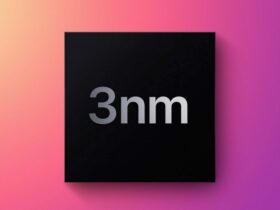Overheating, as well as battery drain issues, have become something usual for those who have a Pixel 6a, Pixel 6 Pro, or Pixel 7 Pro at home. It all started to happen after a recent security update issued by Google, as you know how updates go: some of them are useful, while others are just… let’s say unnecessary.
Google indirectly acknowledged the problem with the update, identifying a backend change in the Google App as the root cause. Consequently, those users who have been affected reported significant battery life reduction, with some experiencing immediate drops of half their battery capacity. Abnormal heating was also observed, especially for older Pixel 6 and Pixel 6 Pro models.
While initially suggesting solutions such as rolling back the Google App or performing a factory reset, Google later confirmed that a server-side update would become the solver of the issues, according to NextPit. Users didn’t need to take any action on their part, as the update would automatically restore normal operation to the Pixel devices that were affected.
The Google Pixel 6 Pro features an LTPO AMOLED display with a 120Hz refresh rate and HDR10+ support. The display measures 6.7 inches, offering an 88.9% screen-to-body ratio. With a resolution of 1440 x 3120 pixels and a pixel density of approximately 512 ppi, it delivers sharp visuals. The display is protected by Corning Gorilla Glass Victus and also includes an always-on display feature.
Running on Android 12, the Pixel 6 Pro is powered by the Google Tensor chipset built on a 5 nm process. It boasts an octa-core CPU consisting of a Cortex-X1 core clocked at 2.80 GHz, two Cortex-A76 cores at 2.25 GHz, and four Cortex-A55 cores at 1.80 GHz. The GPU is the Mali-G78 MP20.
In terms of memory, the Pixel 6 Pro offers different configurations: 128GB or 256GB of internal storage paired with 12GB of RAM, or 512GB of internal storage with 12GB of RAM. The storage technology used is UFS 3.1.
It’s worth noting that the problems seemed confined to the mentioned Pixel models and did not affect the recently released Pixel 7a or Pixel Fold.












Leave a Reply